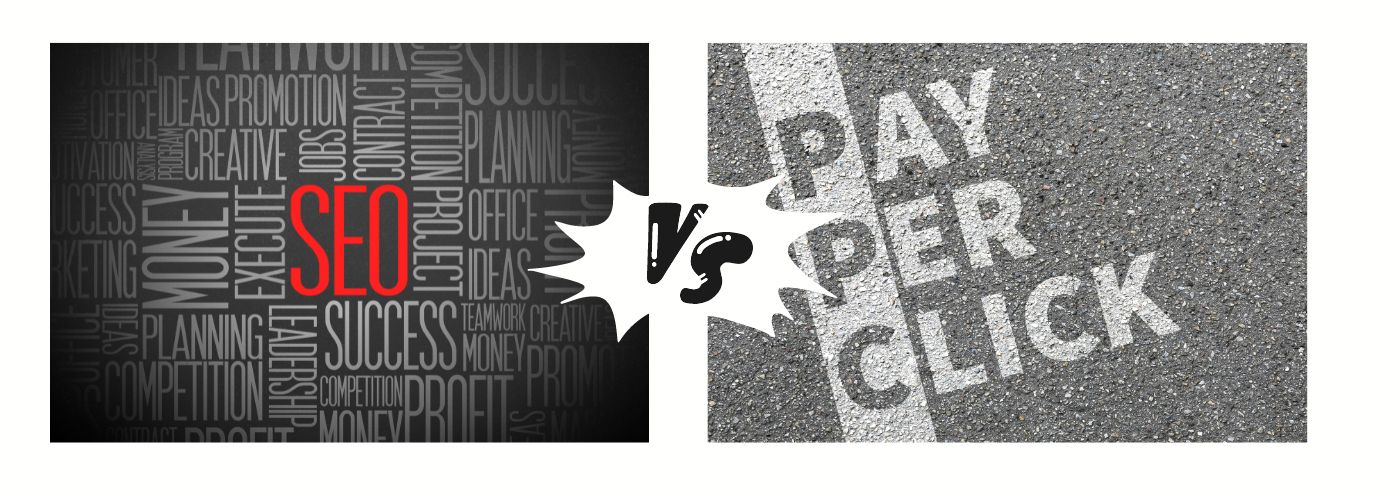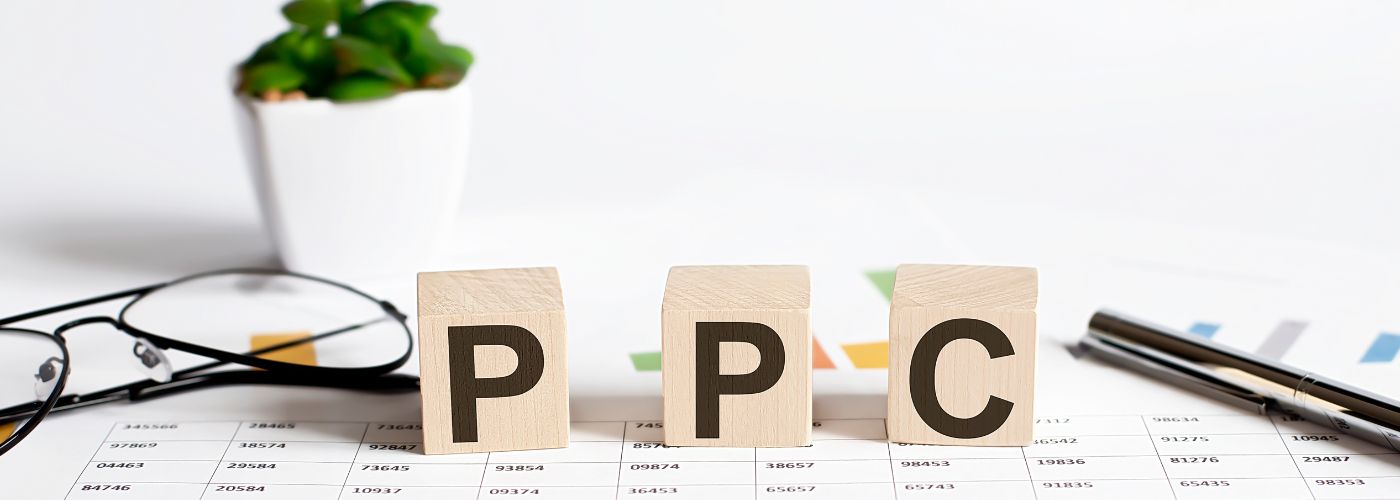In the ever-evolving digital landscape, where every click counts and competition is fierce, marketers are constantly torn between two powerful strategies: Search Engine Optimization (SEO) and Pay-Per-Click (PPC) advertising. Is it worth investing in building a robust SEO foundation or should you opt for immediate results through strategic PPC campaigns? We’ll be going over SEO vs PPC and determine which one suits your needs.
Key Differences Between SEO vs PPC
When comparing SEO vs PPC, one of the most striking differences lies in their approach to visibility and traffic acquisition.
SEO focuses on organically driving traffic through content relevance, keyword optimization, and link building. It’s a long-term strategy that builds authority over time, often leading to sustainable visitor growth and increased trust from users.
In contrast, PPC offers immediate results by placing your ads at the top of search engine results pages (SERPs). This short-term tactic might drain budgets quickly if not managed effectively but can yield instant brand awareness and valuable data for refining marketing efforts.
Another key distinction is the cost structure associated with each strategy. With SEO, you invest time and resources upfront to create quality content that pays dividends over the long haul without ongoing costs per click every time a user engages with your site.
Additionally, while high-ranking organic listings are viewed as more trustworthy by consumers—thus enhancing conversion rates—PPC campaigns allow for hyper-targeted advertisements based on demographic insights, with budget control that is responsive to real-time performance data. This is one of the differences between SEO vs PPC.
Pros of SEO Marketing
One of the standout advantages of SEO marketing is its impressive cost-effectiveness compared to traditional advertising methods. While pay-per-click campaigns can yield immediate results, they often come with a hefty price tag that can quickly drain your budget.
In contrast, effective SEO strategies lead to organic search traffic that will continue bringing in visitors long after the initial investment. This long-term sustainability not only aligns with better financial management but also fosters a more authentic connection with audiences, as they are drawn to your content rather than intercepting them through ads.
Moreover, SEO marketing enhances user experience on your website. Search engines prioritize sites that deliver valuable content and easy navigation; therefore, optimizing for SEO naturally leads to improved website usability and engagement.
This is one of the many benefits of SEO vs PPC.
Cons of SEO Marketing
While SEO marketing can significantly enhance visibility and drive traffic, it is not without its drawbacks. One major con is the time investment required to see substantial results. Unlike paid advertising, SEO strategies often take months to show a significant uptick in organic traffic.
Businesses eager for immediate returns may find themselves frustrated as they watch competitors gain traction through quicker, more aggressive marketing tactics.
Another critical consideration is the volatility of search engine algorithms. What works today might be rendered ineffective tomorrow; constant updates can leave businesses scrambling to keep up with best practices.
This unpredictability requires ongoing education and adaptability, diverting attention from other essential marketing strategies or day-to-day operations—which can be especially taxing for small teams with limited resources.
Additionally, poor execution of SEO techniques—such as keyword stuffing or neglecting user experience—can lead to penalties that harm visibility rather than enhance it.
This is one of the many cons of SEO vs PPC.
Benefits of PPC Advertising
PPC advertising stands out as a dynamic tool in the digital marketing arsenal, delivering immediate traffic and measurable results.
One of its most compelling benefits is the precision targeting it offers; advertisers can reach specific demographics based on factors like location, interests, and search behaviors.
This allows businesses to engage a highly relevant audience who are ready to convert, maximizing their return on investment almost instantly.
Moreover, PPC campaigns empower brands with unparalleled data analytics capabilities. Every click and impression is tracked meticulously, providing insights that can refine not just ad performance but also broader marketing strategies.
Businesses can experiment with different ad copy or targeting parameters in real-time, enabling rapid adjustments that align closely with consumer behavior trends.
Cons of PPC Advertising
While PPC advertising can offer quick results, one of its significant drawbacks is the potential for skyrocketing costs. Businesses often underestimate the fierce competition in their niche, leading to inflated bids as they vie for prime ad spots.
Once companies commit to a PPC strategy, it’s easy to find themselves trapped in a cycle of rising expenses, where constant investment is necessary just to maintain visibility. Without careful management and strategy adjustments, organizations can quickly eat through budgets with minimal returns.
Moreover, reliance on PPC can hinder organic growth strategies. When businesses focus heavily on paid ads, they may neglect essential aspects such as SEO and content marketing that build long-term sustainability.
This dependence creates an illusion of success; while leads might flow in initially due to heavy ad spending, once the budget runs dry or shifts are made away from PPC efforts, there’s often a sharp drop-off in traffic and conversions.
Best Tactics To Combine PPC & SEO
Combining PPC and SEO is like orchestrating a symphony; each element enhances the other, leading to a harmonious digital marketing strategy. One of the most effective tactics is utilizing keyword insights from PPC campaigns to inform SEO efforts.
For instance, by analyzing which keywords are converting well through paid ads, businesses can prioritize those terms in their organic content strategies. This not only streamlines keyword targeting but also helps create content that resonates with user intent.
By enhancing these pages with rich content and optimizing them for search engines, you can increase organic visibility while ensuring consistency across both channels. Moreover, using retargeting strategies within your PPC campaigns can help keep your brand top-of-mind for users who have previously engaged with your site organically, efficiently bridging the gap between awareness and conversion.
Overall, keep all of these tips in mind when considering to use SEO vs PPC.



More to Read
Is Affiliate Marketing A Scam?
Have you ever been tempted by promises of easy money through affiliate marketing, only to feel skeptical about its legitimacy? You’re not alone—many people
Apr
SEO Tips For Non-Profits
Are you struggling to get your non-profit noticed in the vast digital landscape? You’re not alone; many organizations face the same challenge. This article
Mar
Is Using AI In Content Marketing Bad?
In a world where algorithms can generate articles faster than a human can type, one must wonder: are we sacrificing authenticity for efficiency? The
Feb